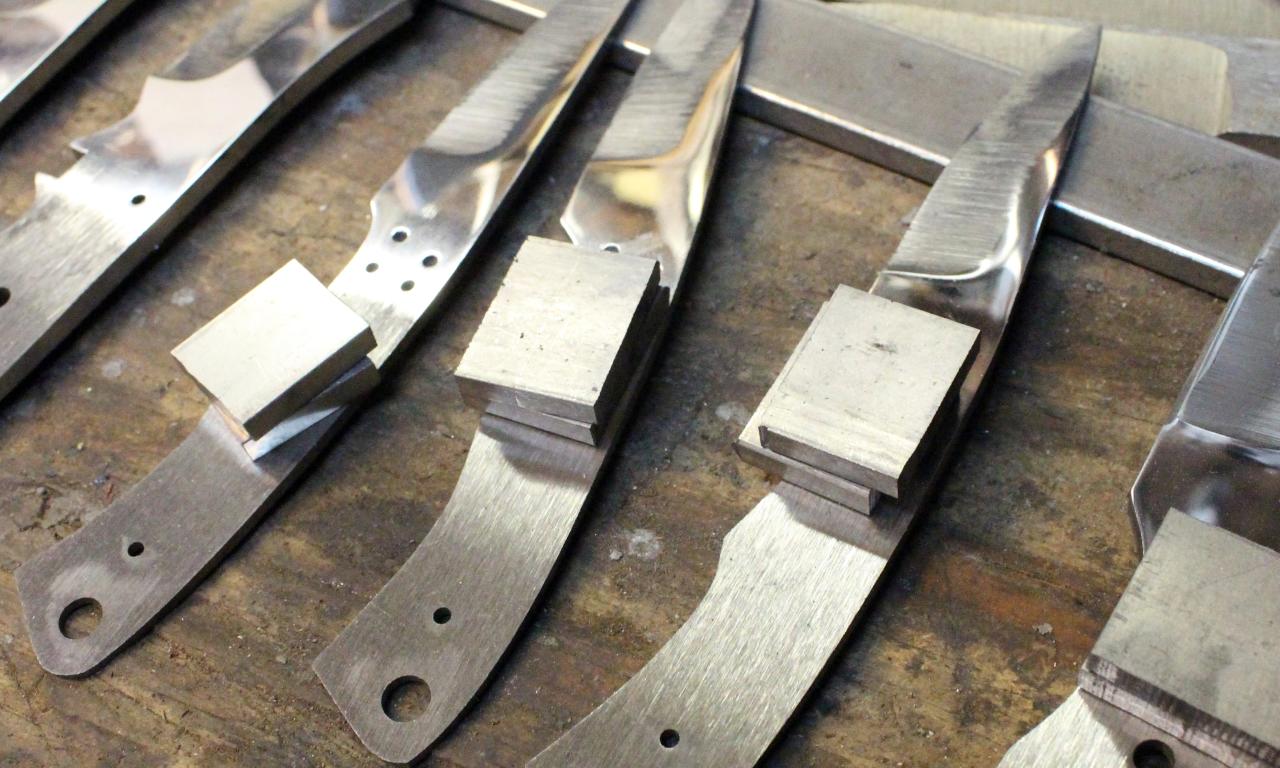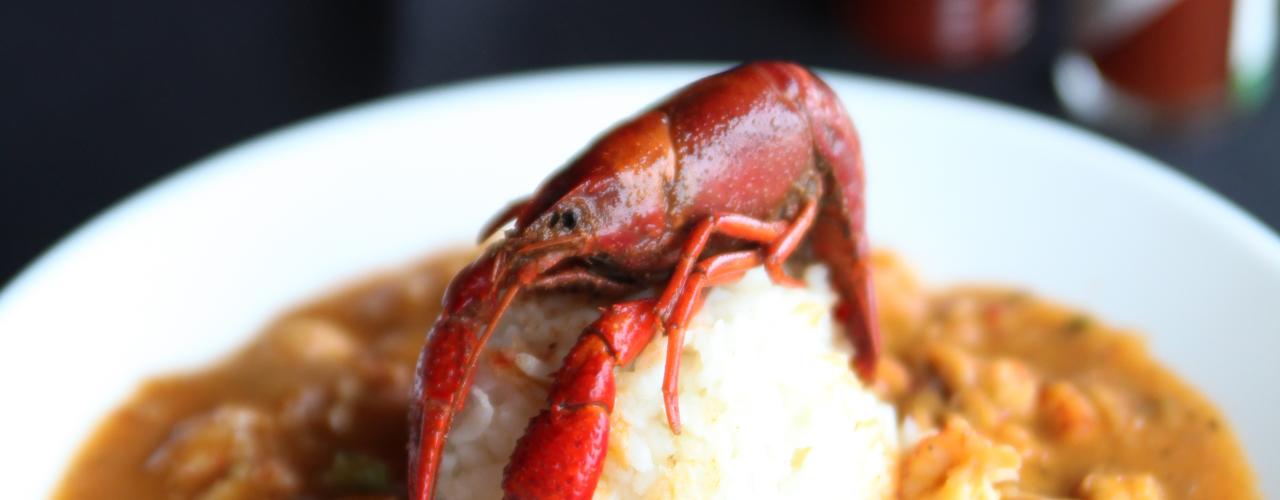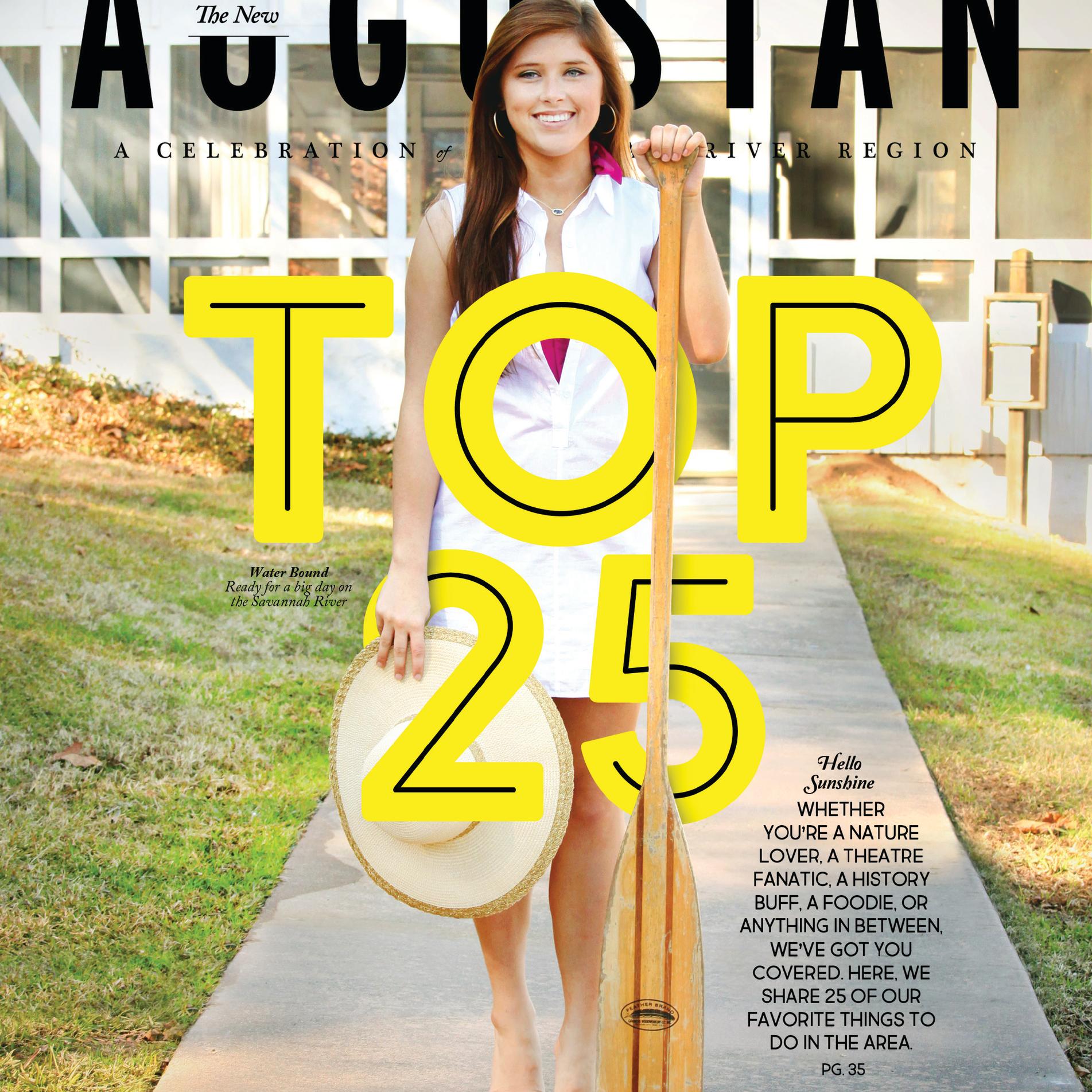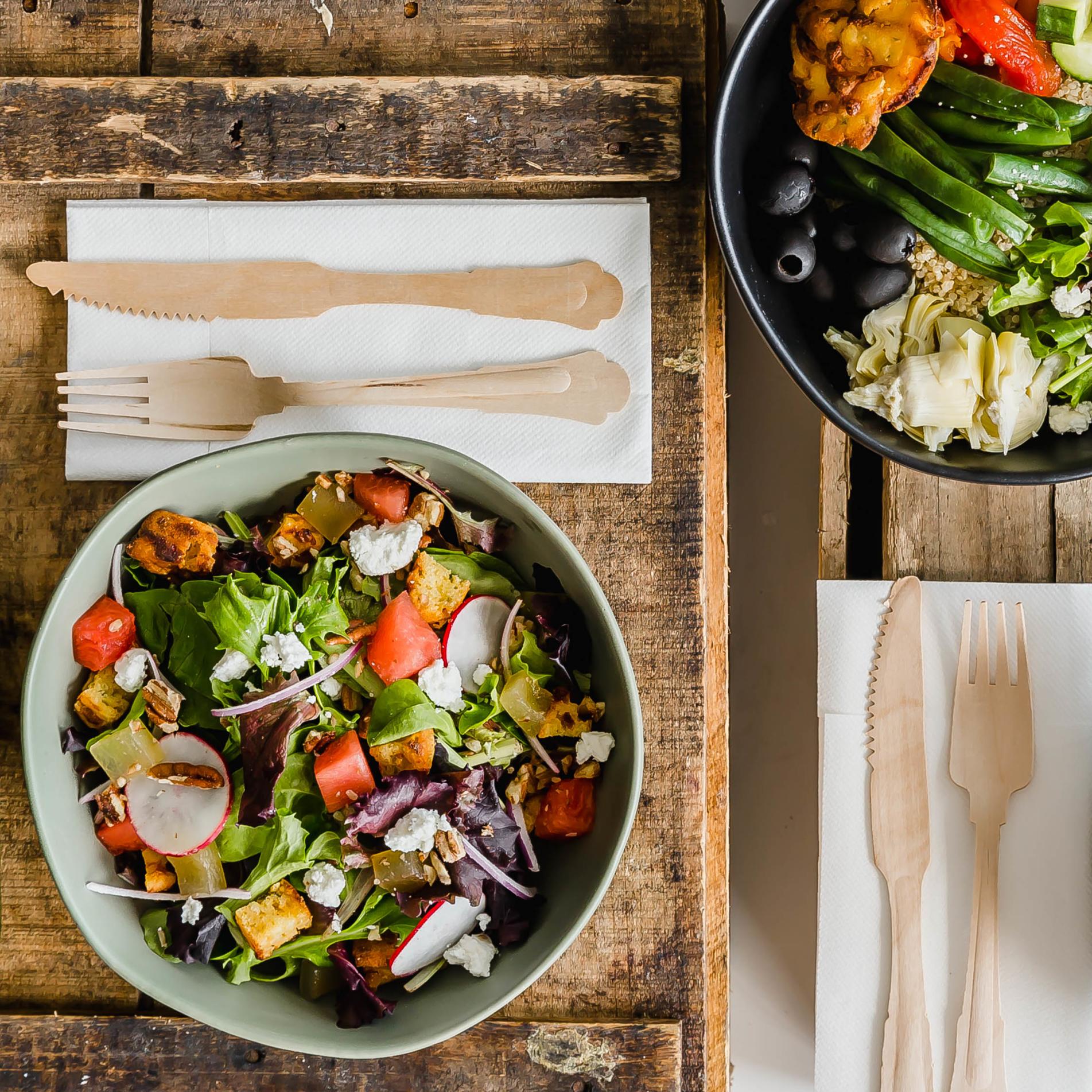Larry Page knows a good knife when he sees one. Born and raised in Aiken, South Carolina, Page has spent many a hunting season sitting in deer stands, field dressing animals, and becoming either frustrated or impressed with the quality of various hunting knives he has used over the years. Inspired by his experiences, he decided to pursue the art of knifemaking decades ago and has never looked back.
Page’s foray into knife making began in the early 1980’s, when his interest in the craft led him to befriending local legend and master knifemaker, George Herron. Herron was generous with his advice and expertise when Page visited his shop, and Page began taking his lessons home, trying his hand at different techniques. Eventually, he became skilled enough at knifemaking that he began selling them, and the response was overwhelmingly positive. Now, after retiring from a career in insurance in 2011, Page churns out around 220 knives a year, selling to people from all over the world.
Page sources a variety of unique materials for his knife handles, including mammoth ivory, camel bone, giraffe bone, and more, in addition to the more standard stag antler and wood options. The knives start as a long piece of high carbon stainless steel, to which Page affixes his pattern and grinds down, following the lines of the pattern around the blade. He surface grinds the piece before rough grinding a bevel on one side, and then shipping it out for heat treating. Once it returns, he sharpens the bevel, polishes the blade, and attaches a handle. After final inspection, it’s ready for the sheath, a custom leather pouch that he hand-stitches in his workshop. For Page, his work is about more than just selling a product.
“I do this because I like making something that someone can use,” explains Page. “From cleaning fish after a day on the lake to field dressing a buck, or even just cutting a steak, I know that these are tools that can be used, that can last more than a lifetime, and that can be passed down as family heirlooms. That is why I do what I do.”

Though Page is skilled at making a variety of styles, his drop point hunters knives are the most popular by far, owed in part to their versatility. In Charleston and Columbia, his oyster knives sell as quickly as he can make them, and in certain circles, a knife that functions as a flathead screwdriver is extremely popular as well. Often, he is asked to customize a blade according to the way the user will interact with it, and he is more than happy to accommodate such requests. Customers also enjoy choosing their own handle material; some urge Page to find the most exotic options he can find, while others appreciate choices that remind them of simple blades from their youth. No matter what the request, Page is always up for a challenge, and understands that purchasing an heirloom-quality knife is a personal experience for each customer.
“I don’t dictate what people should do with their knives once they leave my shop,” says Page. “Whether they take it out and use it every day, or if it just sits displayed at their home, I don’t care. The most important thing, to me, is that they enjoy it. That’s all that matters.”





